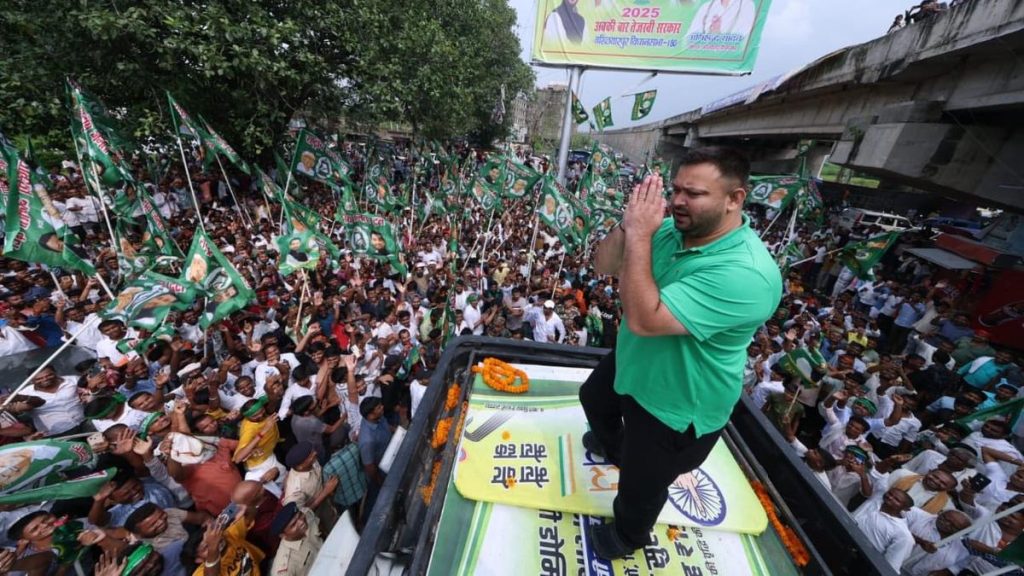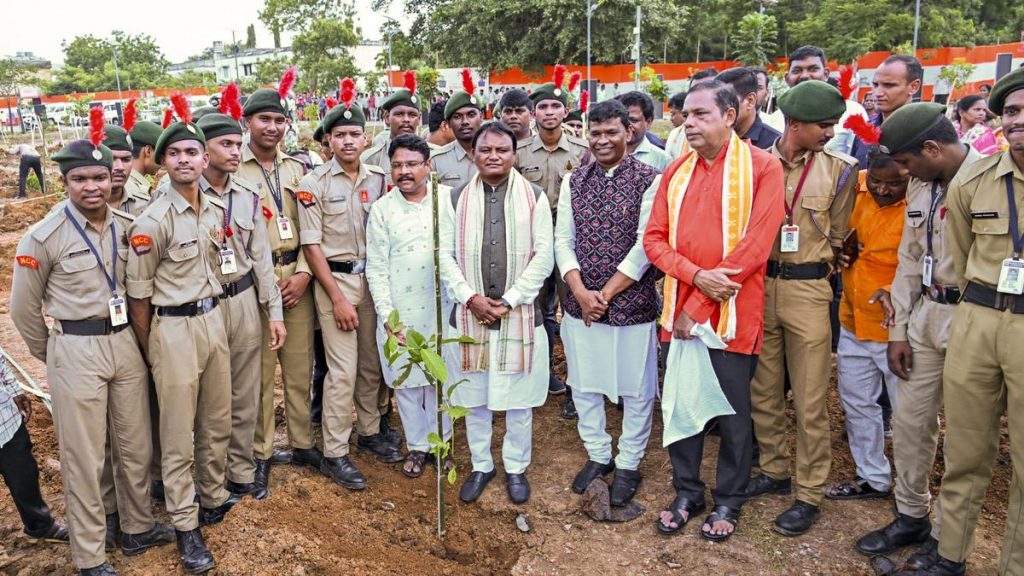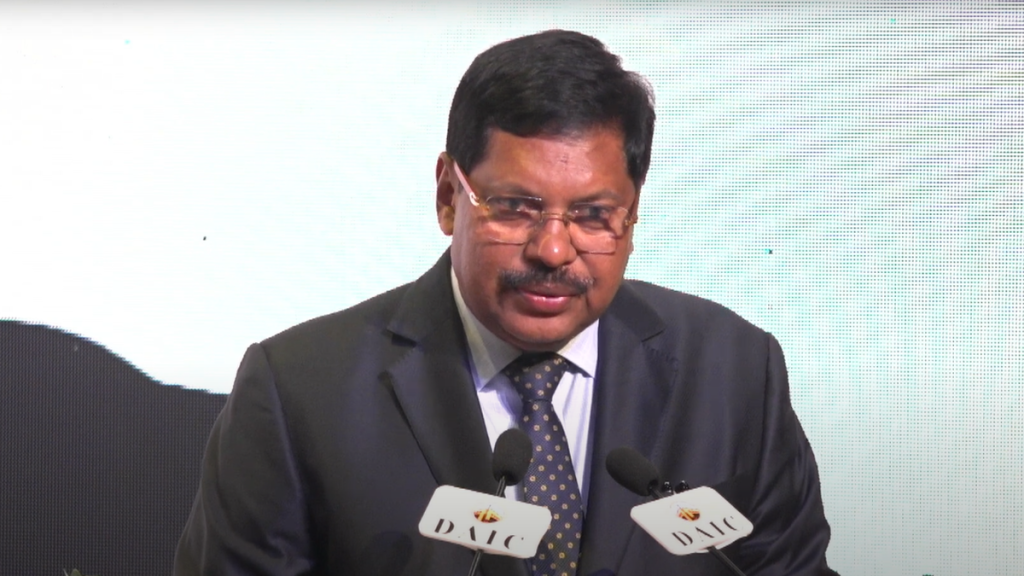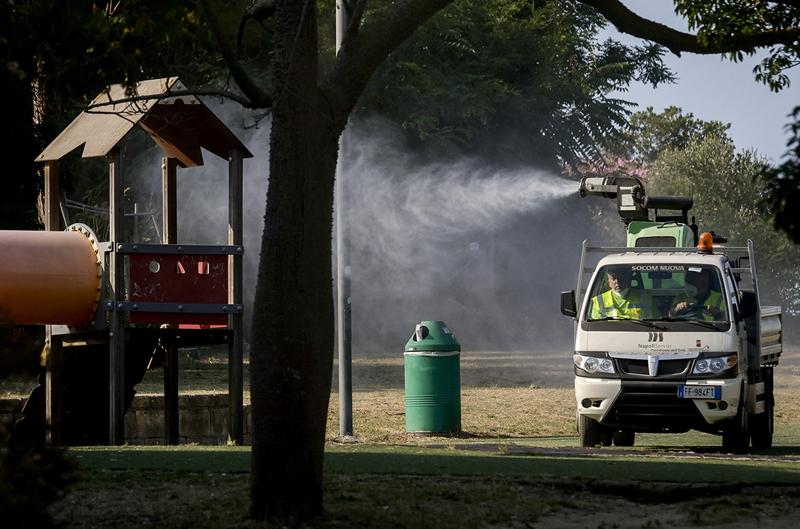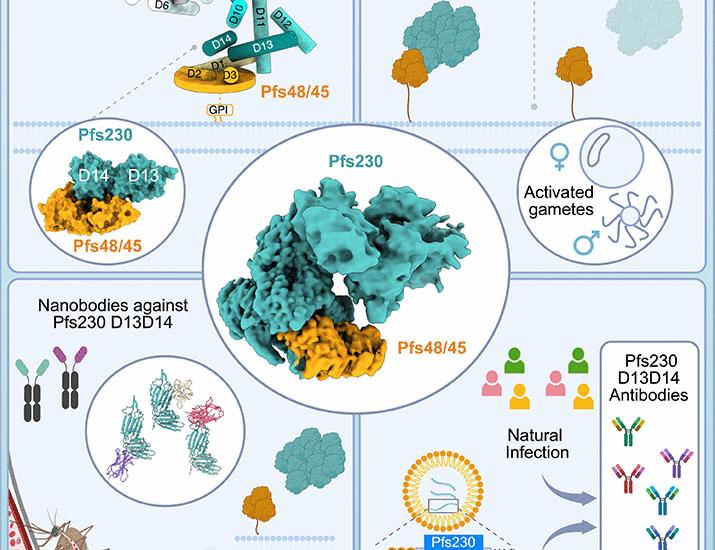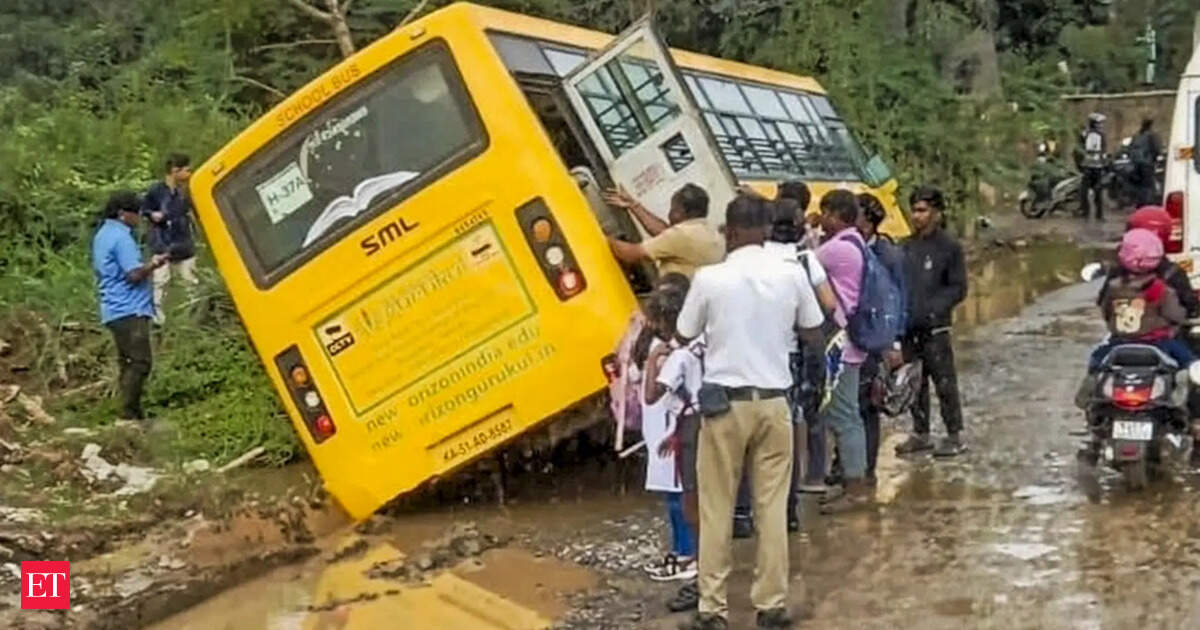Now Reading: Modi, EU Chief Renew Push for Free Trade Agreement
-
01
Modi, EU Chief Renew Push for Free Trade Agreement
Modi, EU Chief Renew Push for Free Trade Agreement
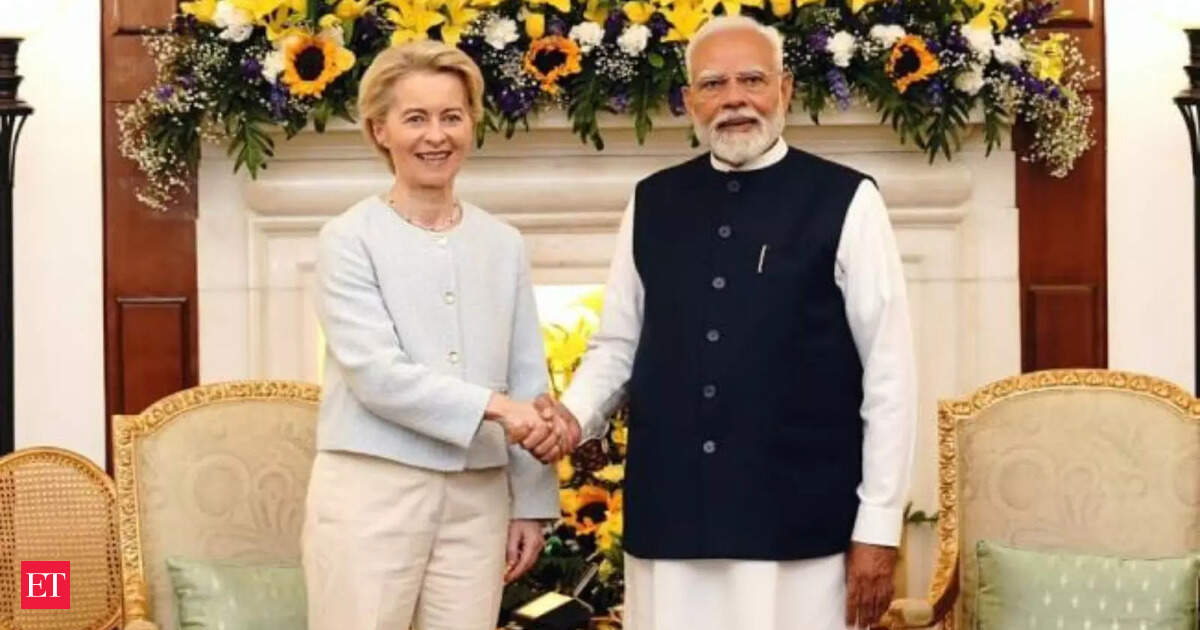
Swift Summary
- Prime Minister Narendra Modi and European Commission President Ursula von der Leyen reaffirmed their commitment to concluding India-EU Free Trade Agreement (FTA) negotiations by December 2023.
- the discussions were held during a congratulatory call by von der Leyen on Modi’s 75th birthday.
- Both leaders expressed mutual appreciation for the new strategic agenda adopted to enhance India-EU ties, focusing on security and coordination of bilateral cooperation.
- The 13th round of FTA negotiations recently took place in New Delhi, with agreements reached on 11 chapters, including customs, dispute resolution, digital trade, and small business support.
- Key unresolved areas include rules of origin and market access.
- Bilateral trade between India and the EU was valued at USD 135 billion in FY2023-24; the EU remains India’s largest trading partner.
- Modi emphasized India’s commitment to fostering stronger relations with the EU while advocating peaceful resolution for global conflicts such as Ukraine.
- An invitation for the India-EU Summit next year was reiterated.
Indian Opinion Analysis
The reaffirmation of commitment to finalize an FTA demonstrates strong political will from both sides to deepen economic and strategic ties amidst dynamic geopolitical challenges like the war in Ukraine. Given that bilateral trade crossed USD 135 billion last fiscal year, concluding this agreement could considerably benefit India’s export sector by opening new market opportunities in Europe while diversifying its trade portfolio away from other regions.
However,unresolved topics like rules of origin require careful negotiation to ensure mutual benefits without compromising domestic industries or competitiveness. Additionally, adopting a broader strategic agenda reflects a push not only toward economic partnership but also enhanced collaboration on security issues-a critical juncture considering evolving global dynamics.
An invitation for next year’s India-EU Summit signals intent for sustained engagement beyond existing diplomatic frameworks which will be vital for steering key collaborations amid uncertainties shaped by regional conflicts or economic shifts globally.


